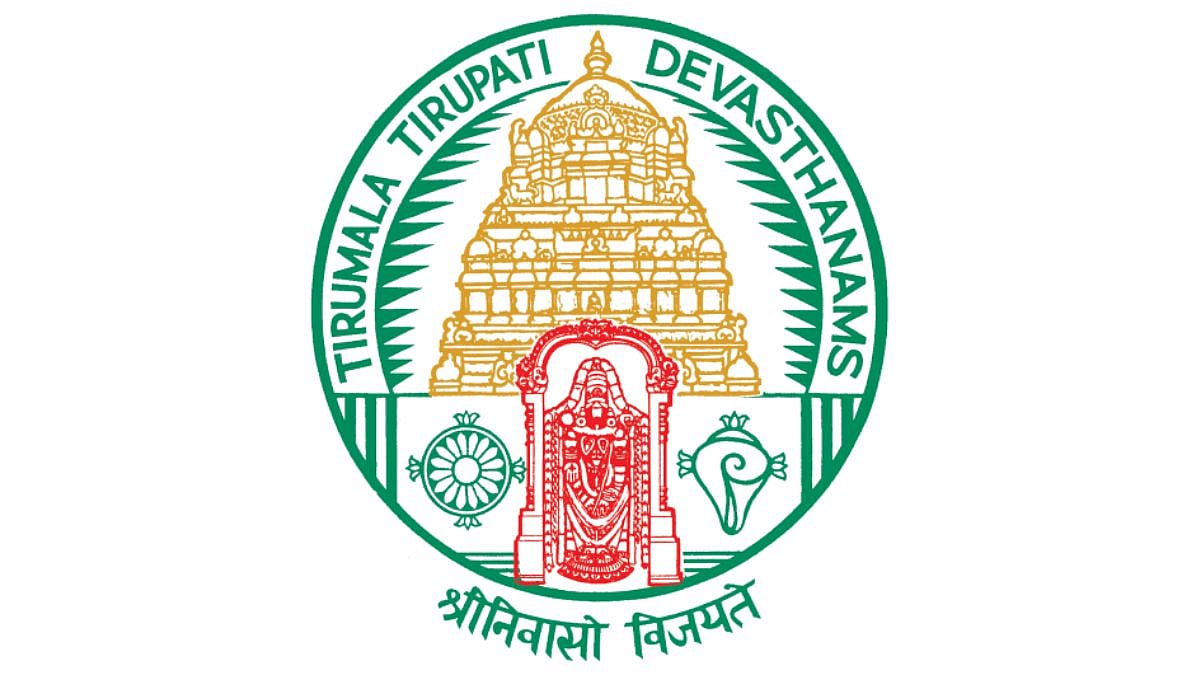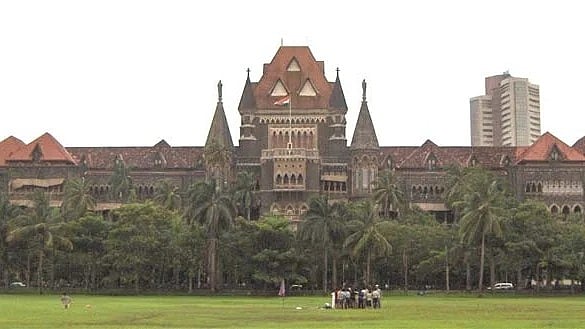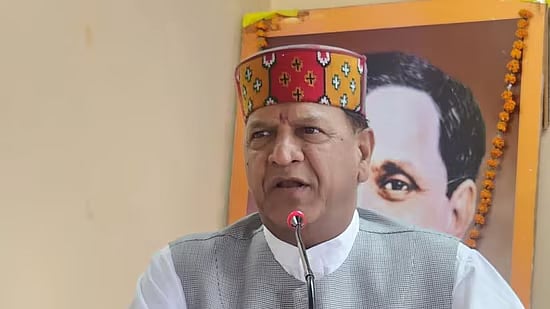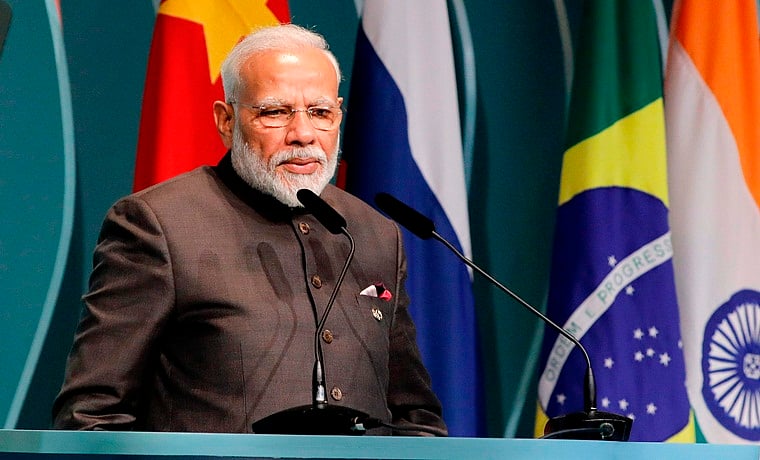It is far easier to blame god than to own up responsibility. That is precisely what a manager of Oreva did when he told a court that the Morbi bridge disaster, in which 135 people were killed, was an “act of god”. He made the claim though evidence clearly showed that the criminal negligence of those who renovated the bridge, built in 1887, was responsible for the tragedy. Allowance should be made for the fact that when the cables snapped, plunging 350 people into the Machchhu river, the bridge was heavily overloaded. But when cutting corners becomes the overriding consideration, why would anyone bother about safety? That no fitness certificate was obtained before opening the bridge to the general public makes this negligence a criminal act.
It is against this backdrop that the company’s representative invoked god to cover up its culpability. Such claims find resonance in a country like India where fatalism is almost endemic. When a bridge in Kolkata collapsed, Prime Minister Narendra Modi described it as an act of god and a forerunner to the destruction of the state. In sharp contrast, West Bengal leader Mamata Banerjee refused to derive political mileage from the Gujarat disaster. Incidentally, it is common to describe disasters like earthquakes as the result of divine wrath. Some leaders affiliated with the ruling party blamed Rahul Gandhi when earthquakes struck Nepal and Uttarakhand for he had happened to visit the regions. This kind of loose talk encourages others of their ilk, as, for instance, a certain leader in Maharashtra who refused to speak to a lady reporter because she was not sporting a bindi. Of course, all this is not new. When a devastating earthquake struck Nepal and Bihar in 1934, Gandhiji described it as “divine chastisement for the great sin we have committed against those whom we describe as Harijans”.
It was Rabindranath Tagore who used the title Mahatma for Gandhi. However, that did not prevent the Bard of Santiniketan from shooting off a letter expressing “painful surprise” at “this kind of unscientific view of things” and inaccurately associating “ethical principles with cosmic phenomena”. An element of fatalism is fine as it helps an individual to come to terms with a personal tragedy or failure, but a government, constitutionally committed to promote the scientific temper, cannot accept such arguments. In Morbi, all those responsible through acts of omission and commission need to be given the severest punishment.
Gender equality was her mantra
In the death of Ela Bhatt, 89, the world has lost a pioneering champion of many social causes. When she set up the Self-Employed Women’s Association (SEWA) in 1972, it signalled new hope for thousands of women who were discriminated against in all their endeavours, be it in production, marketing or sharing of profits. A lawyer by training and social worker by temperament, Ms Bhatt transformed the lives of thousands of women who realised the potential of their collective might in an unequal society through SEWA. She was no armchair activist and preferred to work shoulder to shoulder with the women who deserved a better deal. She was a trendsetter who demonstrated how small but regular savings could, over the years, accumulate into big sums that would earn for the women greater status within and outside the family and the community.
While working at the grassroots, Ms Bhatt sought to widen her horizon through her academic pursuits that enabled her to be chosen a vice-chancellor and a member of the Planning Commission. When South African leader Nelson Mandela thought of setting up The Elders, her name was among the first that came to his mind. Her work straddled continents, even as her mind provided incubation to many academic and research ideas as many scholars vouchsafe. Recognitions like the Padma awards, the Magsaysay Award and others came as naturally as her gentle suggestions and persuasions caused a sprouting of practically relevant ideas of women’s empowerment. All through, she remained a Gandhian for whom means were as important as the ends. At no point in her long career did she slacken on her basic policy that equality and a level playing field were central to the progress of women.









